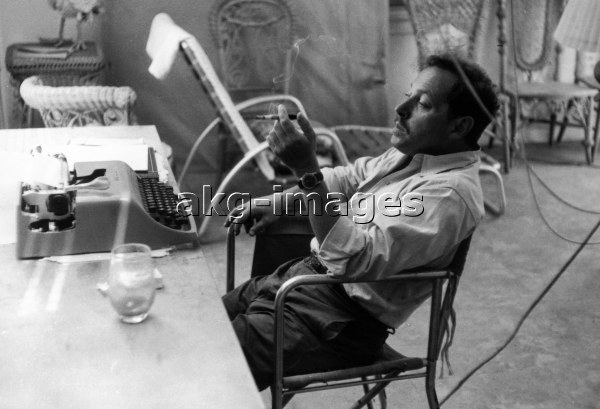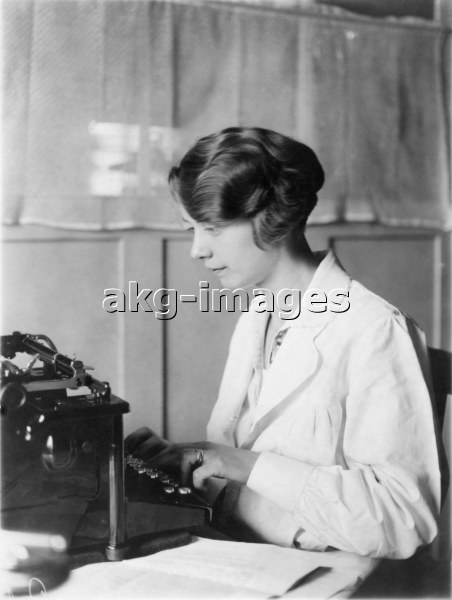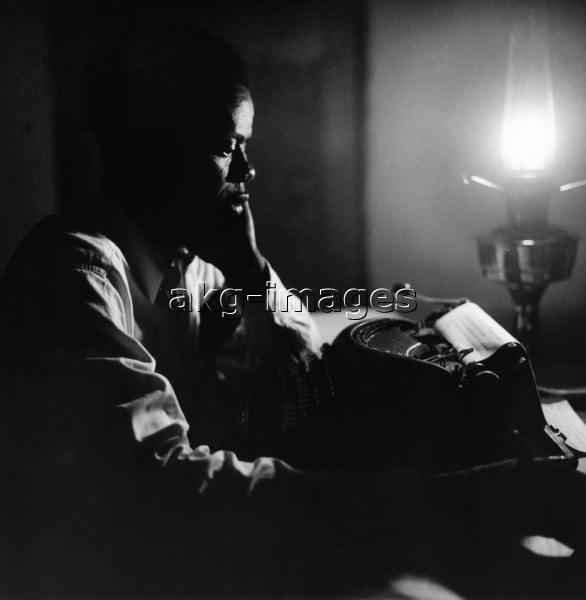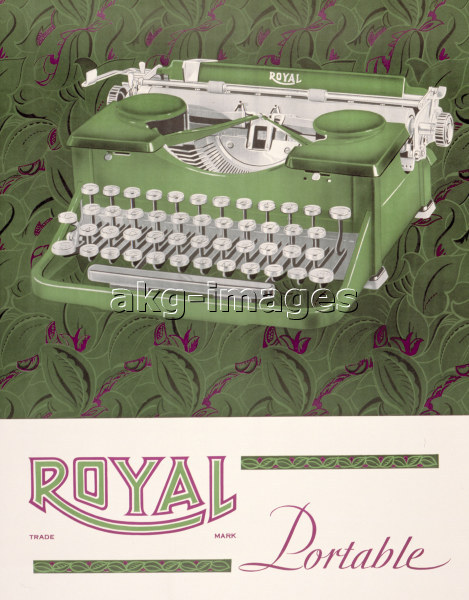The Typewriter – symbol of liberty and feminism?
Clickety-clack, clickety-clack, clickety-clack, ding! Do you still recognise this sound? Most of us probably still do and reading an article on the last mechanical typewriters being sold in India got me thinking about the significance of this once ubiquitous device.
Offices were certainly much noisier than we are used to today with nothing much more than the constant hum of endless computers disturbing the silence. It might me think of one of the first scenes in Billy Wilder marvellous film “The Apartment”: endless rows of hard-working typists and the noise is pretty deafening!
My colleague Thomas Pey from our Paris office came up with a very persuasive notion of the importance of the typewriter – as a symbol of liberty and the dissemination of liberal ideas. It is a democratic tool, not hugely expensive, easily available and useable second-hand, much more democratic than the computer which also – by necessity – requires much more specialised knowledge to use it. Computers need electricity and for that reason alone are nowhere near as universally accessible as the humble typewriter. Typing and secretarial work was also the road to emancipation for many young women in the early 20th century, a chance to be financially independent.
The typewriter forces us to think more clearly, deleting thoughts is not as easy as just hitting the delete button – discarded sentences become balled-up pieces of paper and who can’t conjure up a great number of images of this? The image of a writer sitting at the typewriter is a romantic one and even portable laptops cannot quite compete, however sleek and sexy they may have become.
The Mumbai company where the last mechanical typewriters were produced until 2009 has received more than 500 requests recently for the last 200 in stock, most of those in Arabic script. It is the final chapter in a remarkable story and we should mourn the disappearance of this wonderful mechanical device. Where would revolutions, liberalism and feminism have been without it?



